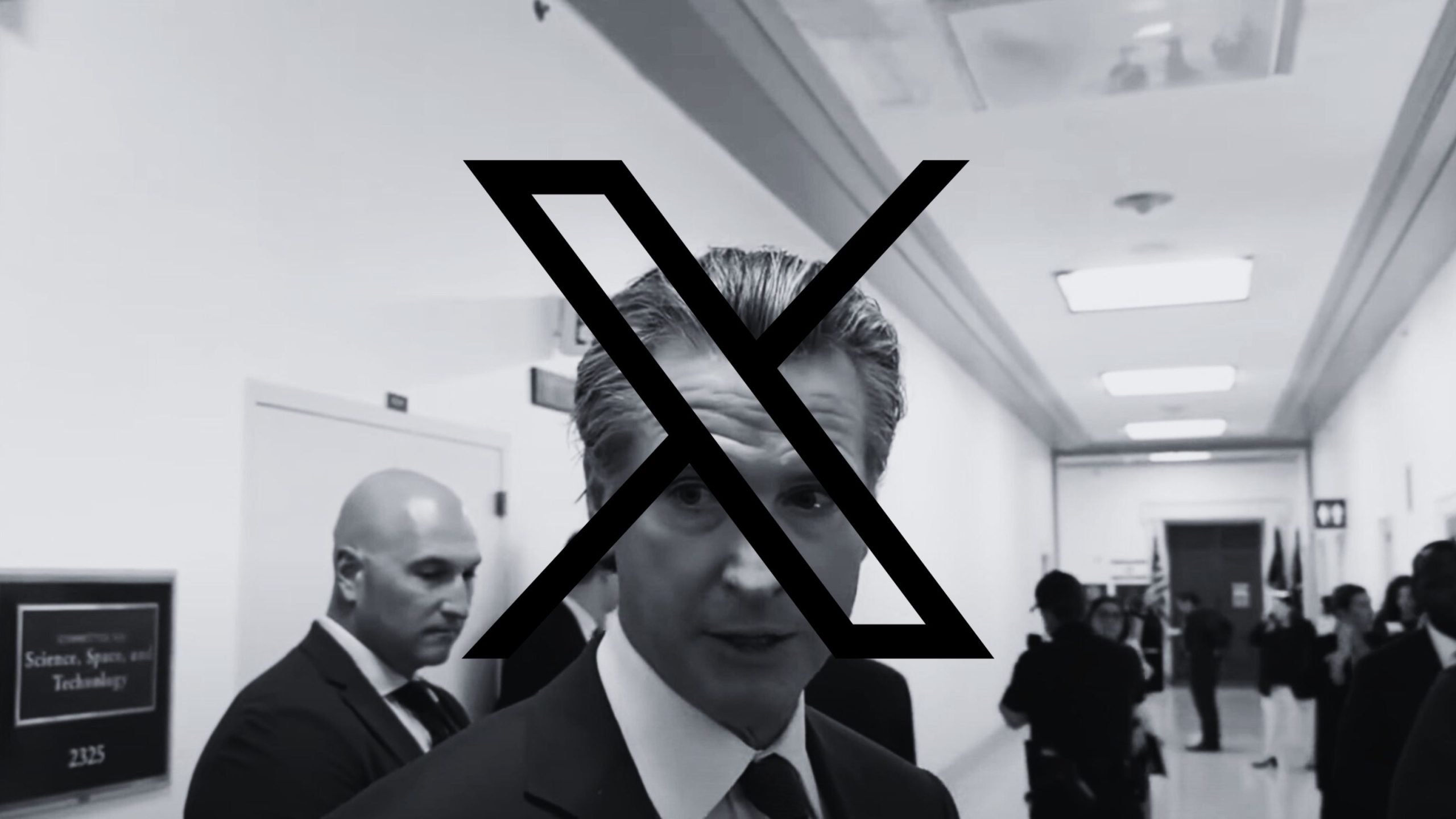Elon Musk’s X has initiated legal action against the state of California, seeking to prevent the enforcement of a new statute mandating that major online platforms either remove or label deepfake election-related content, as a violation of the First Amendment, particularly for its impact on memes and satire.
We obtained a copy of the lawsuit for you here.
The legal challenge was presented in a federal court earlier this week, focusing on legislation designed to curb the influence of artificially altered videos, images, and sounds, collectively known as deepfakes. The legislation is poised to become effective on January 1.
The law in question, Assembly Bill 2655, was signed as part of California’s efforts to safeguard the integrity of the upcoming 2024 US presidential election from the risks posed by technological manipulation. Governor Gavin Newsom, having clashed with Musk following Musk’s sharing of a parody video of Vice President Kamala Harris, aims to mitigate these alleged risks.
The legislation has sparked concerns among tech giants and free speech supporters, who understand that it suppresses user engagement and stifles free discourse and satire under the guise of curbing misinformation.
X’s legal challenge raises critical questions about the boundaries of free speech in the digital age, arguing that the law violates the First Amendment and Section 230 of the Communications Decency Act, which protects platforms from liability for user-generated content. By requiring platforms like X to preemptively label or remove content, the law, as X contends, “will inevitably result in the censorship of wide swaths of valuable political speech and commentary.”
“AB 2655 requires large online platforms like X, the platform owned by X Corp. (collectively, the ‘covered platforms’), to remove and alter (with a label) — and to create a reporting mechanism to facilitate the removal and alteration of — certain content about candidates for elective office, elections officials, and elected officials, of which the State of California disapproves and deems to be ‘materially deceptive,’” the complaint reads.
The complaint also states that “this system will inevitably result in the censorship of wide swaths of valuable political speech and commentary and will limit the type of ‘uninhibited, robust, and wide-open’ ‘debate on public issues’ that core First Amendment protections are designed to ensure.”
It goes on to say, “AB 2655 imposes a prior restraint on speech because it provides, pursuant to Sections 20515(b) and 20516, expedited causes of action under Section 35 of the California Code of Civil Procedure through which political speech can be enjoined before there occurs a ‘final judicial determination’ that the ‘speech is unprotected.'”
Finally, it states, “AB 2655 violates the First Amendment of the United States Constitution and Article I, Section 2, of the California Constitution, both facially and as-applied to X Corp. AB 2655 imposes a prior restraint on speech that forces platforms to censor only certain election-related content of which the State of California disapproves and also directly and impermissibly interferes with the constitutionally protected content-moderation speech rights of covered social media platforms, like X.”
The implications for satire are particularly severe, as highlighted by the case of the parody Harris videos. Although Governor Newsom’s office insists that AB 2655, also known as the Defending Democracy from Deepfake Deception Act of 2024, says it exempts parody and satire, the practical application of this exemption is murky at best since it was a parody video that was the impetus for Governor Newsom to push for the introduction of the law.










